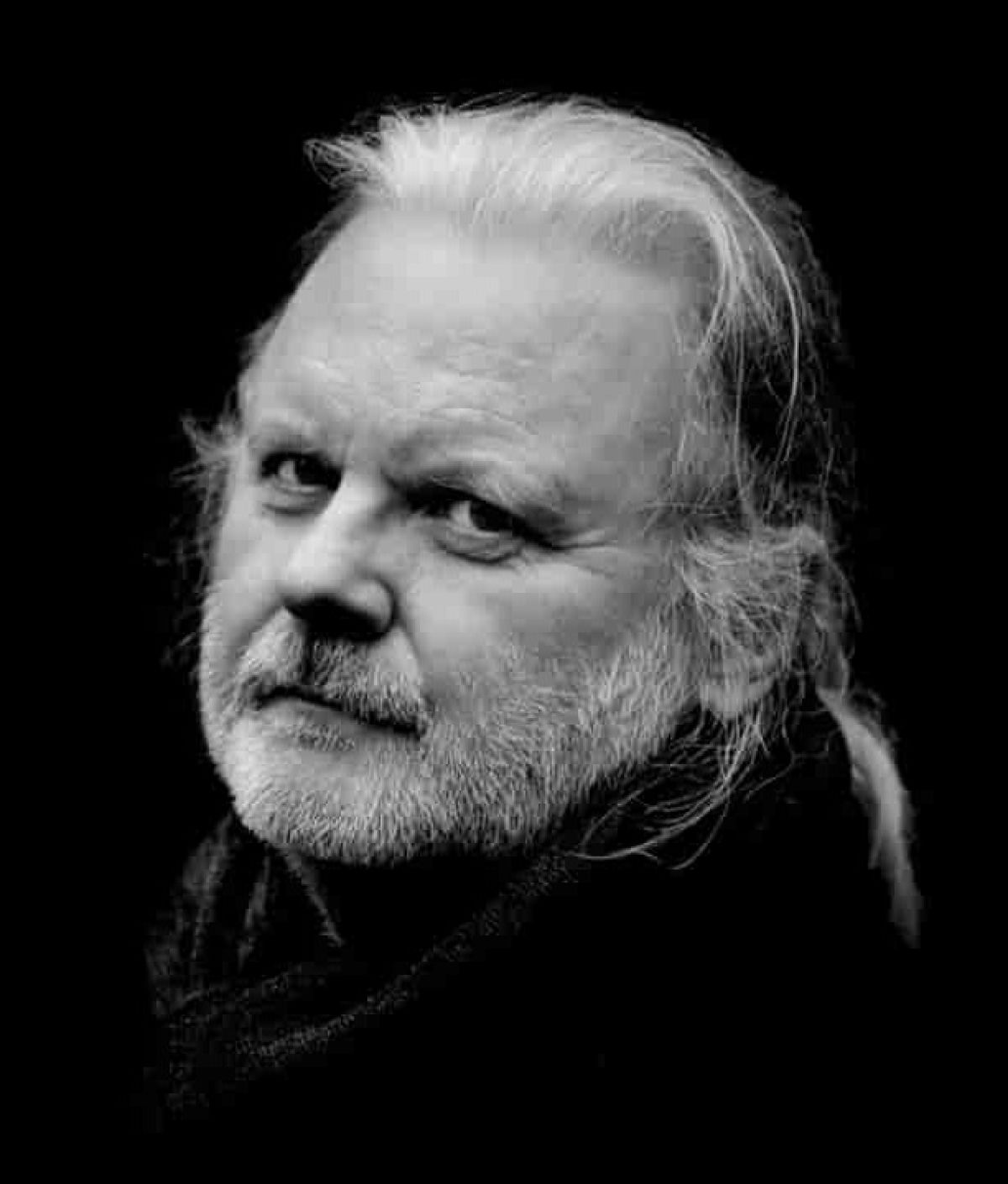Jon Fosse: the Nobel Prize for Literature winner 2023
By Aisha Zahira

When the 2023 Nobel Prize for literature was awarded to Norwegian writer Jon Fosse, you might have thought ‘who?’ It’s a common reaction since Fosse is hardly a world-renowned author, but understanding why he won the coveted prize which placed him alongside previous winners such as Annie Ernaux and Alice Munro is important.
The following is a short extract from Fosse’s novel Aliss at the Fire, a story about a woman recounting and reliving the loss of her husband 20 years ago.
“Now she has to go look for him, whether she wants to or not, she thinks and she turns around and she walks across the room…and he thinks that he really has to go inside soon, he thinks, standing there in the yard…”
To read Jon Fosse (pronounced ‘Yune Fosseh’) is to become trapped in circular sentences such as this one, as well as in his narratives, all strategically shaped to transgress spatial and temporal boundaries. This innovative style, showcased in his corpus of novels, plays, poetry, and essays, were written in the Nynorsk form of the language.
At the age of 64 Fosse becomes the fourth Norwegian to win the coveted prize.
Part of why he has been celebrated is for this unique ‘slow prose’ or ‘mystical realism’, both phrases Fosse uses to describe his own writing. It allows him to achieve a ‘special closeness’ with his creations, construct layers within time, and explore the mystical enigmas of life to great lengths.
For readers of Samuel Beckett, the style and themes that permeate Fosse’s work will be familiar – in fact, his first play was written in response to Beckett’s Waiting for Godot. Another influence is fellow Norwegian writer Tarjei Vesaas.
Fosse’s new novel A Shining will be published on October 31 2023. It is about a man taking an unplanned car journey, eventually becoming lost, through complete fault of his own. The highly anticipated novel ruminates on life and death and is already impressing critics with five-star reviews.
Though names of nominees are not released, his rumoured competitors included China’s Can Xue (pronounced ‘Kan Shueh’) and the brilliant but more divergent pick, South Korean author Han Kang. Fosse had circled the Prize for years, so this is not a completely unsurprising win, except perhaps only to himself.







